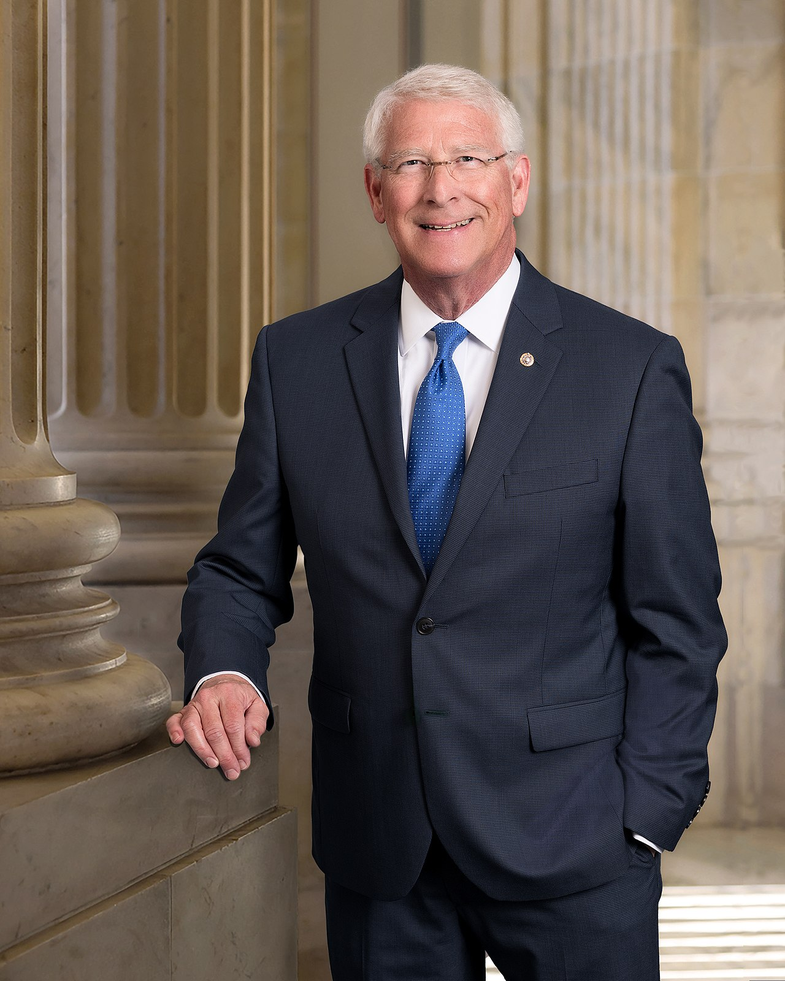S. 1898: Orbital Sustainability Act of 2025
This bill, known as the Orbital Sustainability Act of 2025, aims to address the increasing issue of orbital debris, which is defined as human-made objects in space that no longer serve a purpose. The legislation proposes a multipronged approach to enhance the safety and sustainability of space operations.
Key Components of the Bill
1. Findings and Purpose
The bill recognizes that the safety of operations in low-Earth orbit is compromised by rising amounts of space debris. It emphasizes the need for the United States government to take the lead in mitigating and remediating orbital debris, particularly that created by U.S. government activities, while encouraging other nations to take similar actions. Additionally, it seeks to support best practices among satellite operators to prevent future debris generation.
2. Active Debris Remediation
A significant feature of this bill is the establishment of a program for active debris remediation. This involves specific actions to remove or repurpose debris from orbit. The Secretary of Commerce, in consultation with other relevant entities, is tasked with creating a prioritized list of debris that should be remediated, making this information publicly accessible, and continuously updated.
3. Demonstration Project
The Department of Commerce will initiate a demonstration project to research and develop the technologies needed for debris removal. This will include competitive funding for eligible entities, such as commercial firms, educational institutions, and nonprofit organizations. The project aims to develop solutions for active debris remediation and includes phases for research, technology demonstration, and operational missions.
4. Economic Analysis and Service Acquisition
After the demonstration project, the Secretary will assess both public and private sector demand for remediation services over a ten-year period. The bill promotes fair competition for contracts related to debris remediation services and establishes regulations to support the development of such services.
5. Standard Practices for Orbital Debris and Space Traffic Coordination
Additionally, the bill mandates updates to existing guidelines for minimizing orbital debris, known as the Orbital Debris Mitigation Standard Practices. These updates will cover various aspects, including collision risk management, explosion risk, and best practices for designing spacecraft to minimize debris generation.
Furthermore, the bill encourages the development of standard practices for space traffic coordination to enhance safety and operational effectiveness in space.
6. International Cooperation
An important aspect of the bill is the fostering of international collaboration in debris remediation efforts. The U.S. government is encouraged to partner with other countries to effectively manage debris that falls under their jurisdiction.
Funding and Management
To implement these initiatives, the bill authorizes up to $150 million in appropriations from fiscal years 2026 through 2030. The Secretary of Commerce will oversee the execution of the bill’s provisions while ensuring compliance with laws and protecting privacy as necessary.
Relevant Companies
None found.
This is an AI-generated summary of the bill text. There may be mistakes.
Sponsors
4 bill sponsors
Actions
3 actions
| Date | Action |
|---|---|
| Feb. 12, 2026 | Committee on Commerce, Science, and Transportation. Ordered to be reported without amendment favorably. |
| May. 22, 2025 | Introduced in Senate |
| May. 22, 2025 | Read twice and referred to the Committee on Commerce, Science, and Transportation. |
Corporate Lobbying
0 companies lobbying
None found.
* Note that there can be significant delays in lobbying disclosures, and our data may be incomplete.
Potentially Relevant Congressional Stock Trades
No relevant congressional stock trades found.



